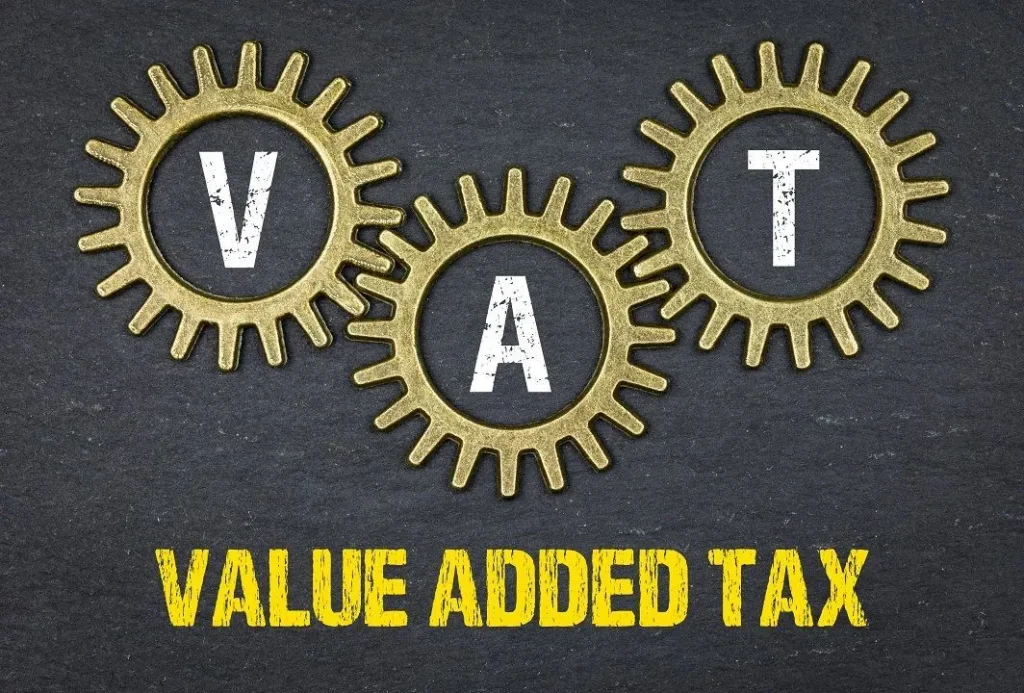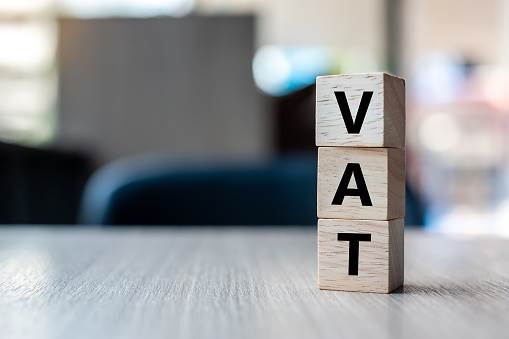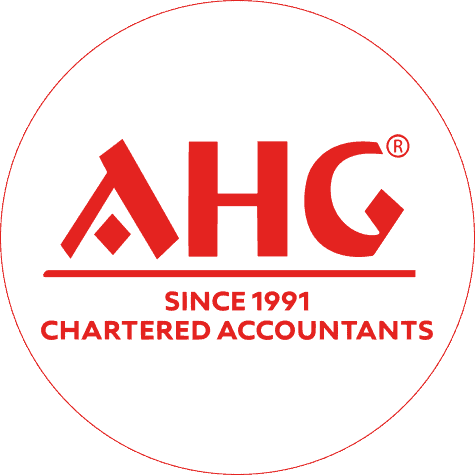What is Vat in UAE?
Value Added Tax or VAT is a form of indirect tax imposed on the use or consumption of goods and services at each point of sale. The cost is ultimately borne by the end-consumer. Businesses and organizations collect the VAT on behalf of the government. With the introduction of VAT in UAE on 1 January 2018, consumers are expected to pay 5 percent for the product or service they use. By availing the right VAT services in UAE, you can easily manage the VAT aspects of your business. Being registered under the UAE VAT law stipulates that your business is recognized by the government. Consulting a VAT service provider in UAE eases all your VAT-related processes, thereby making your business abide by the Emirati VAT laws and regulations. CDA is one of the leading VAT service providers in UAE, which offers exclusive VAT services including VAT registration, VAT deregistration, VAT return filing, VAT accounting services, and more… that’s all about What is Vat !!
Value Added Tax or VAT is a tax on the expenditure or use of goods and services imposed at each point of sale. The bearers of the cost will eventually be the end-consumer. Organizations are obliged to collect and account for the tax in aid of the government. VAT in UAE is applicable uniformly on tax-registered businesses running both on the UAE mainland and in the free zones.

Difference between Zero-rated & Exempted Tax supplies
Good and Services on which zero-rate (0%) tax rate is levied are Zero-Rated supplies. For zero-rated supplies, input tax can be recovered. Examples:
- Exports of goods and services
- First sales/rent of residential buildings
- Certain educational services and related goods and services
Goods and Services on which VAT is not levied are Exempted supplies. Also, if all your supplies are in the category of exempted supplies, you are not required to register for VAT. And even you cannot claim for Input tax as well.
- Financial Services like life insurance
- Residential Buildings
- Bare Land
- Local Passenger Transport
How can VAT services help you grow your business in UAE?
VAT is not an additional burden or cost for the business. In general, every business act as a mediator for the Government. Only the effect is reflected in the cash flow. So, proper planning and effective management of tax collection and its execution will give added value and cash inflows to every business. VAT services help:
- To prevent errors in filing tax return.
- To claim the input tax paid as per the VAT law.
- Provide guidelines to avoid fines and penalties.
- Maintain the books of account for five years, as per law.
- Conducts the tax audit to safeguard the company from material misstatement.
- Get updated and trained regarding the latest changes in the VAT law and its impacts on accounting.
- Provide guidelines for the preparation of invoices for sales.
All of this about What is vat !!
Services Provided by VAT Consultants
- VAT compliance issues and control
- Minimising VAT liabilities
- Identifying risk and proper solutions
- Identifying prospective tax planning opportunities
- VAT Filing and payment.
- Data recording and organization
- Accounting & Bookkeeping
- Purveyor organization
- Client organization

What is Vat Return Filing?
All the VAT registered organisations or the ‘taxable persons must submit a ‘VAT return’ at the end of each tax period to the Federal Tax Authority (FTA). VAT return filing declares how much VAT is to be paid by the taxpayer or reimbursed by the tax authorities. A VAT return recapitulates the assessment of the supplies and purchases a taxable person has made during the tax period and shows the taxable person’s VAT liability.
What is Vat Liability & How is it Calculated?
VAT Liability is the distinction between the output tax payable (VAT charged on supplies of goods and services) for a specified tax period and the input tax (VAT incurred on purchases) recoverable for the same tax period.
VAT Liability is calculated taking into account the following factors:
- The entire sales and purchases of your business in the germane return period
- The amount of VAT you owe for sales
- The amount of VAT you are able to claim for the purchases made
If the output tax exceeds the input tax amount, the difference must be paid to the FTA. If the input tax exceeds the output tax, the taxable person will have the excess input tax recovered. He will be at liberty to set this off against subsequent payment owing to the FTA.
When are Businesses Required to File VAT Return?
The standard tax period for VAT return is:
- Quarterly for businesses with an annual turnover below AED150 million
- Monthly for businesses with an annual turnover of AED150 million or more
- The FTA may, at its discretion, allocate a different tax period for a certain type of business
Place of supply rules for cross-border transactions
VAT is imposed by the country in which the transaction is deemed to occur, referred to as the “place of supply.” Different countries have different rules on whether cross-border transactions are treated as taking place in the country of the supplier, the country of the recipient, or elsewhere (e.g., place of use).
Many countries have amended or are amending their place of supply rules so that more cross-border transactions are taxed in the country of the customer, including digital supplies, consumer e-commerce purchases, and live virtual events. These more robust rules to capture e-commerce transactions mean more suppliers must register and comply with VAT practices in their market jurisdictions and prepare for heightened scrutiny of their business activities.

Value-added tax example
This is an example of how VAT is applied to a domestic sale with a simple supply chain:
Factory and Retailer are both established and registered for VAT in Country A, which imposes VAT at a rate of 20%. Factory manufactures a desk, which it sells to Retailer for a VAT-exclusive price of £200. Retailer sells the desk to Final Customer for a VAT-exclusive price of £500.
- Factory collects £40 of Country A output VAT from Retailer and remits it to the Country A Tax Authority.
- Retailer takes a £40 input VAT credit for the VAT it remits to Factory and collects £100 of output VAT from Final Customer.
- Retailer remits £60 net VAT to the Country A Tax Authority (£100 – £40 = £60).
- The tax burden ultimately falls on Final Customer, who pays £100 in VAT and is not eligible for an input VAT credit.
- Country A Tax Authority receives £100 in total: £40 from Factory + £60 from Retailer
Since AHG’s an Approved Tax Agency in the FTA of UAE and one of the leading Tax Agencies who is specialized in the Excise Tax, AHG’s Services range from Tax Registration, Tax Filing, Tax consultancy, Warehouse Keepers and Designated Zones Registration, Stock and Duty Calculation, Advice on Stockpilers, Tax Agent, Digital Tax Stamps Filing Disputes, Representation in front of the FTA of UAE

